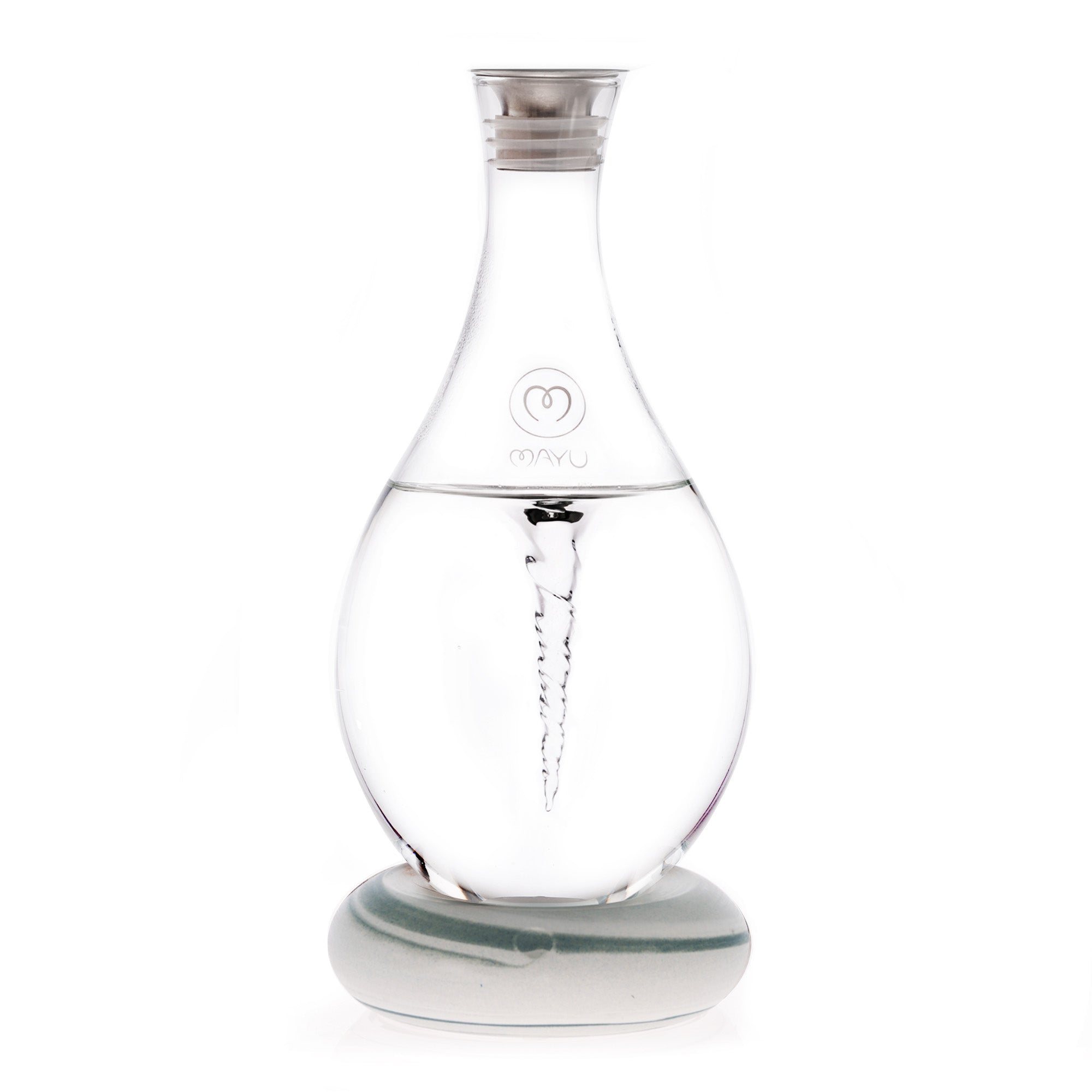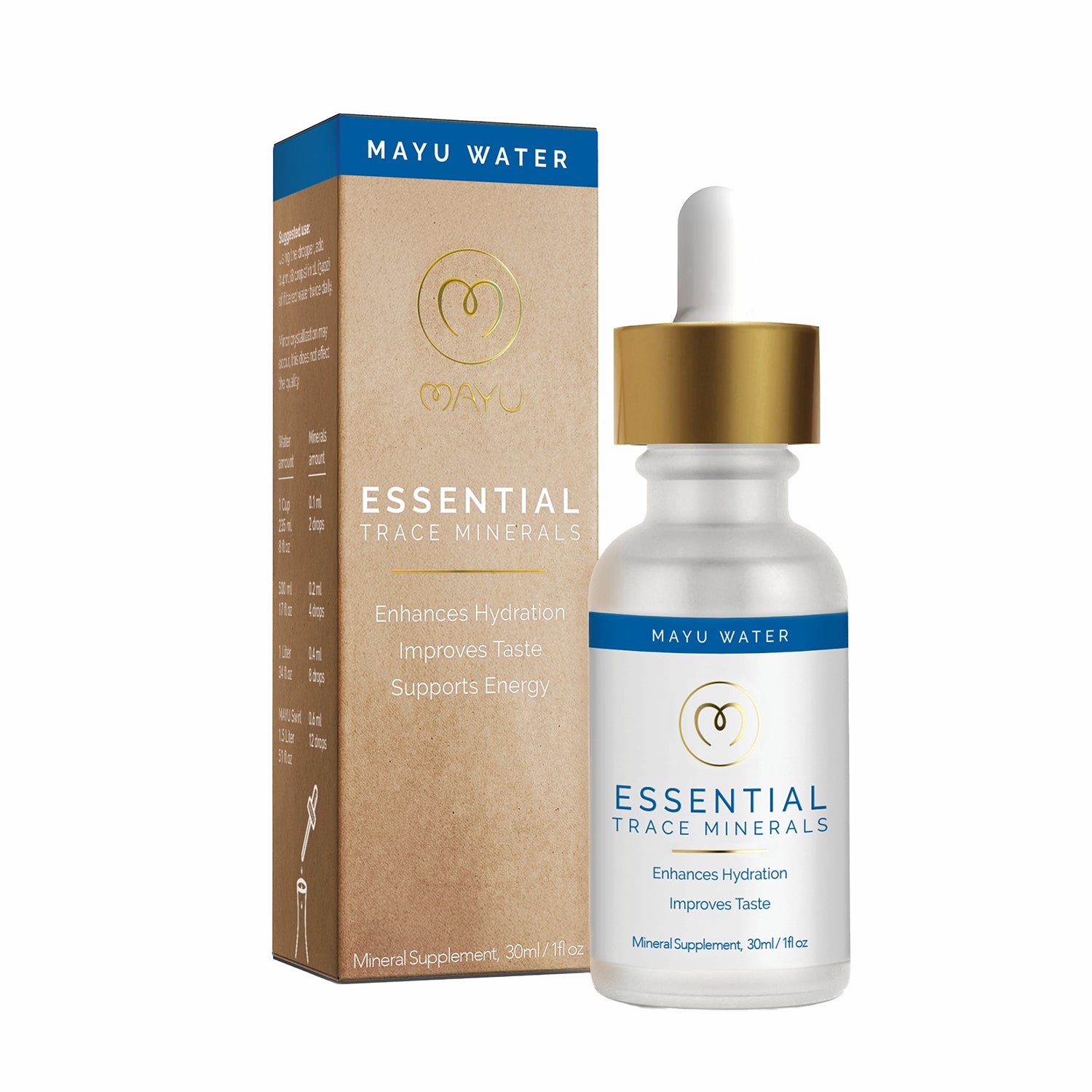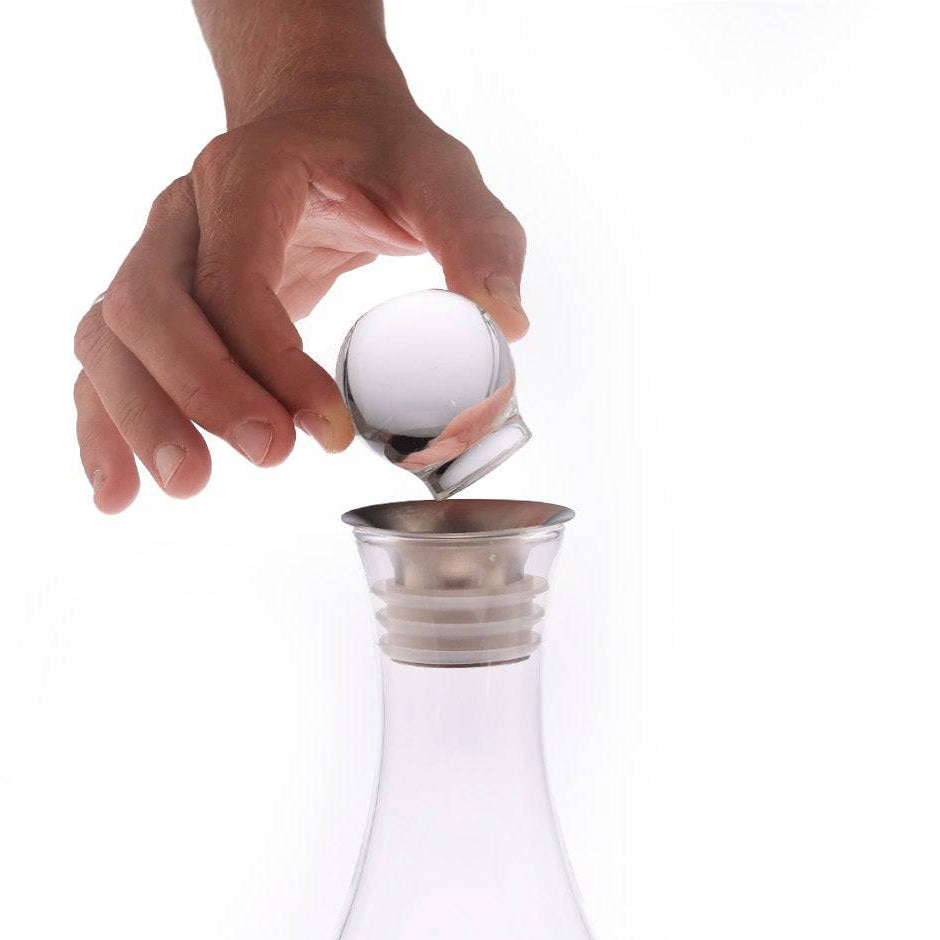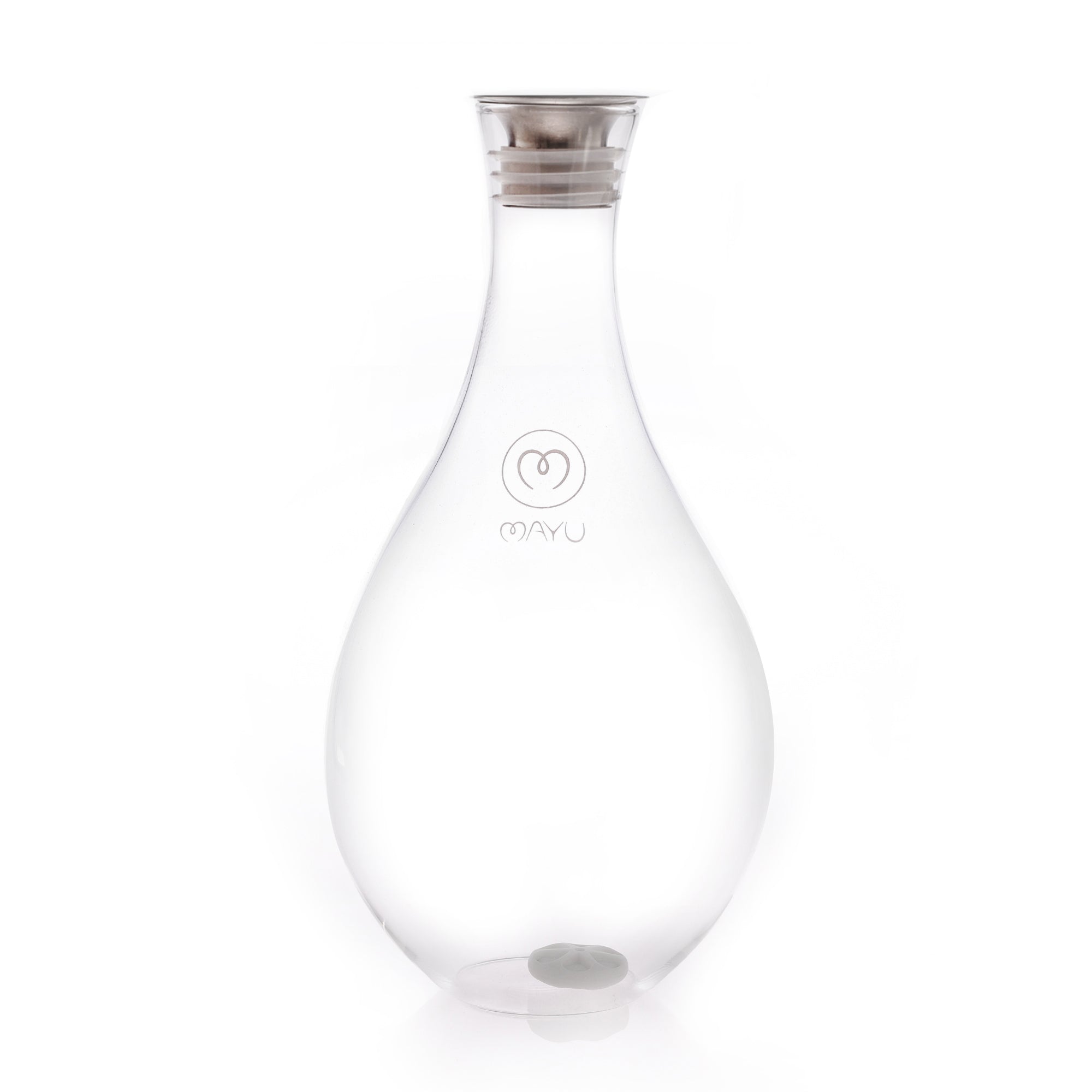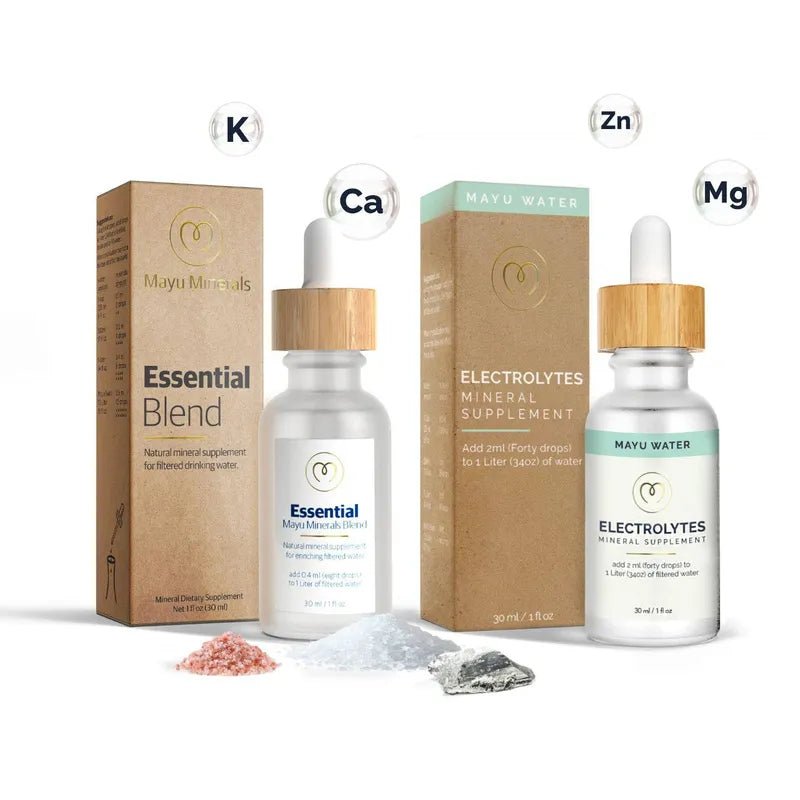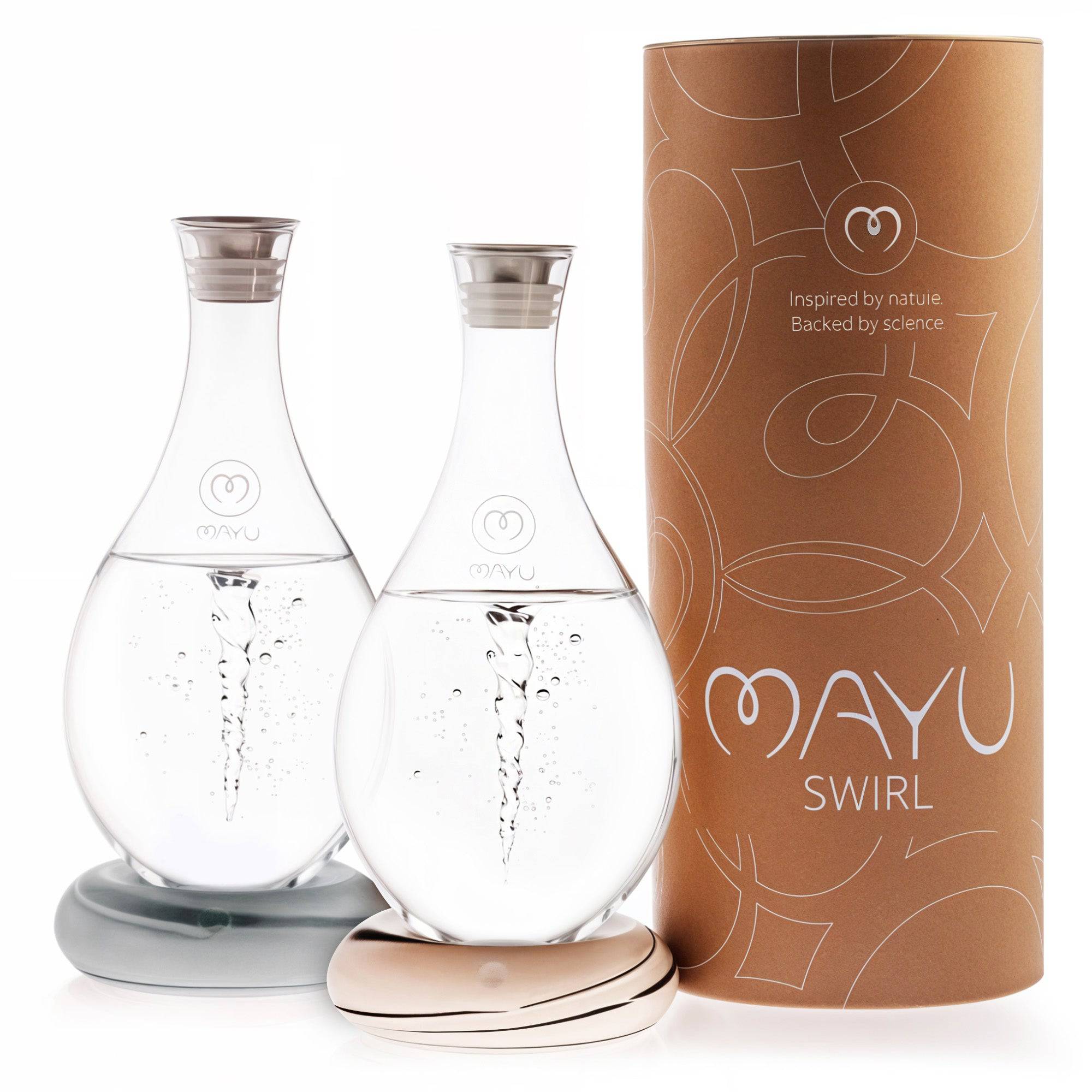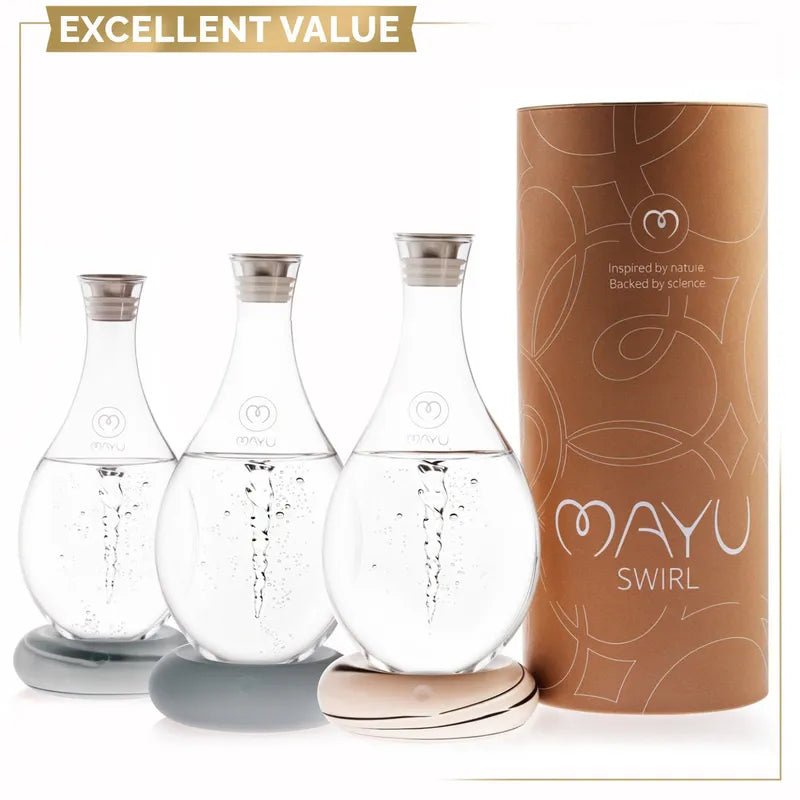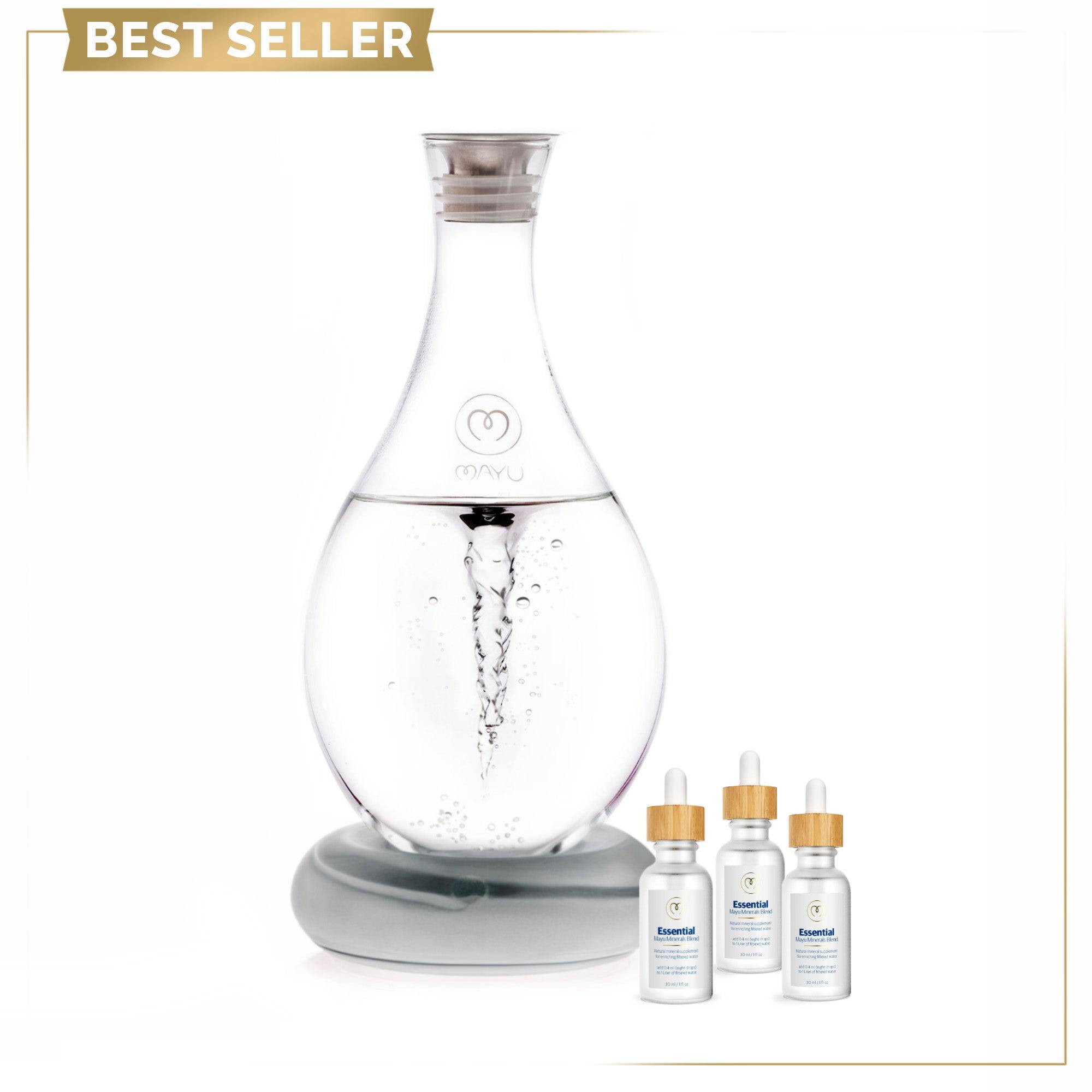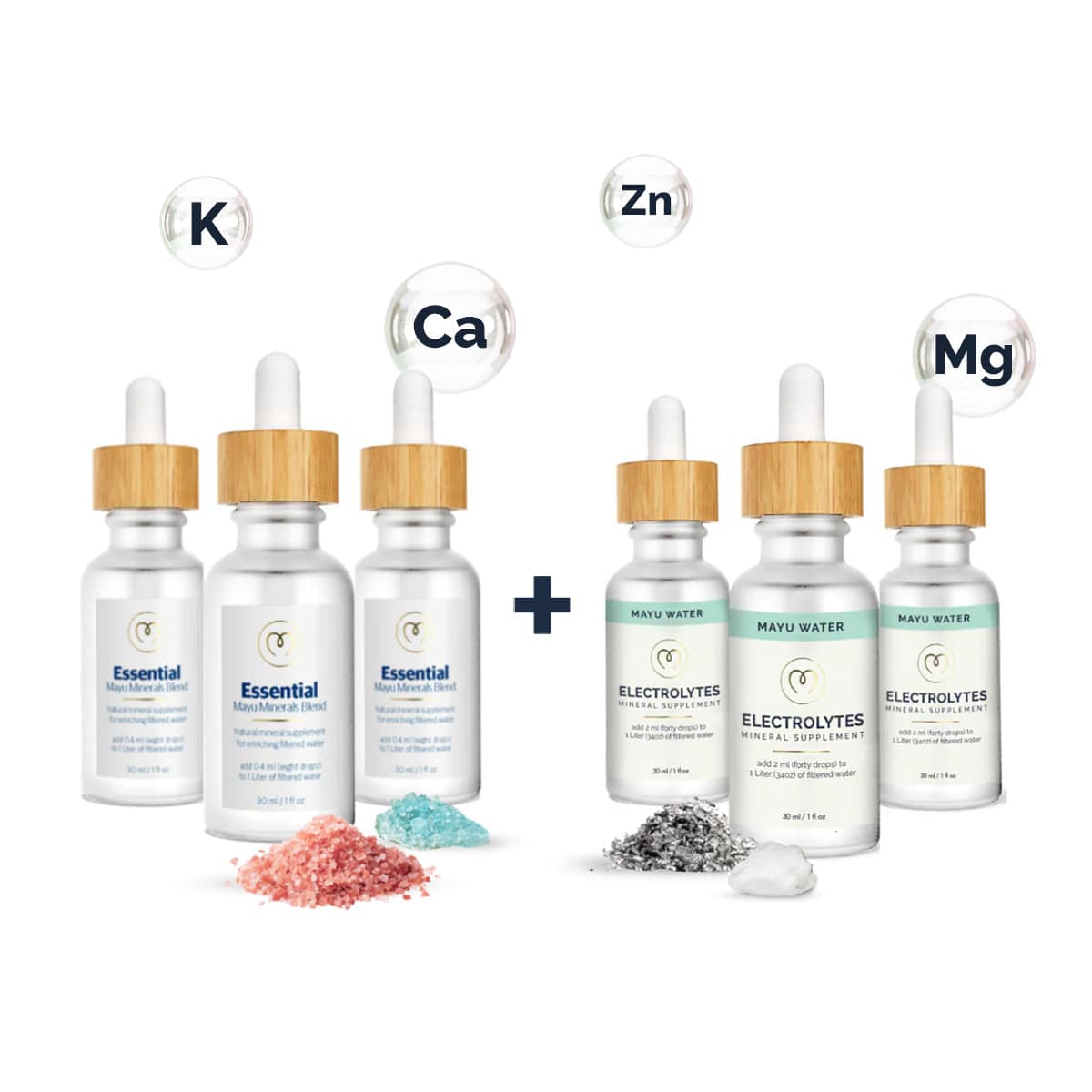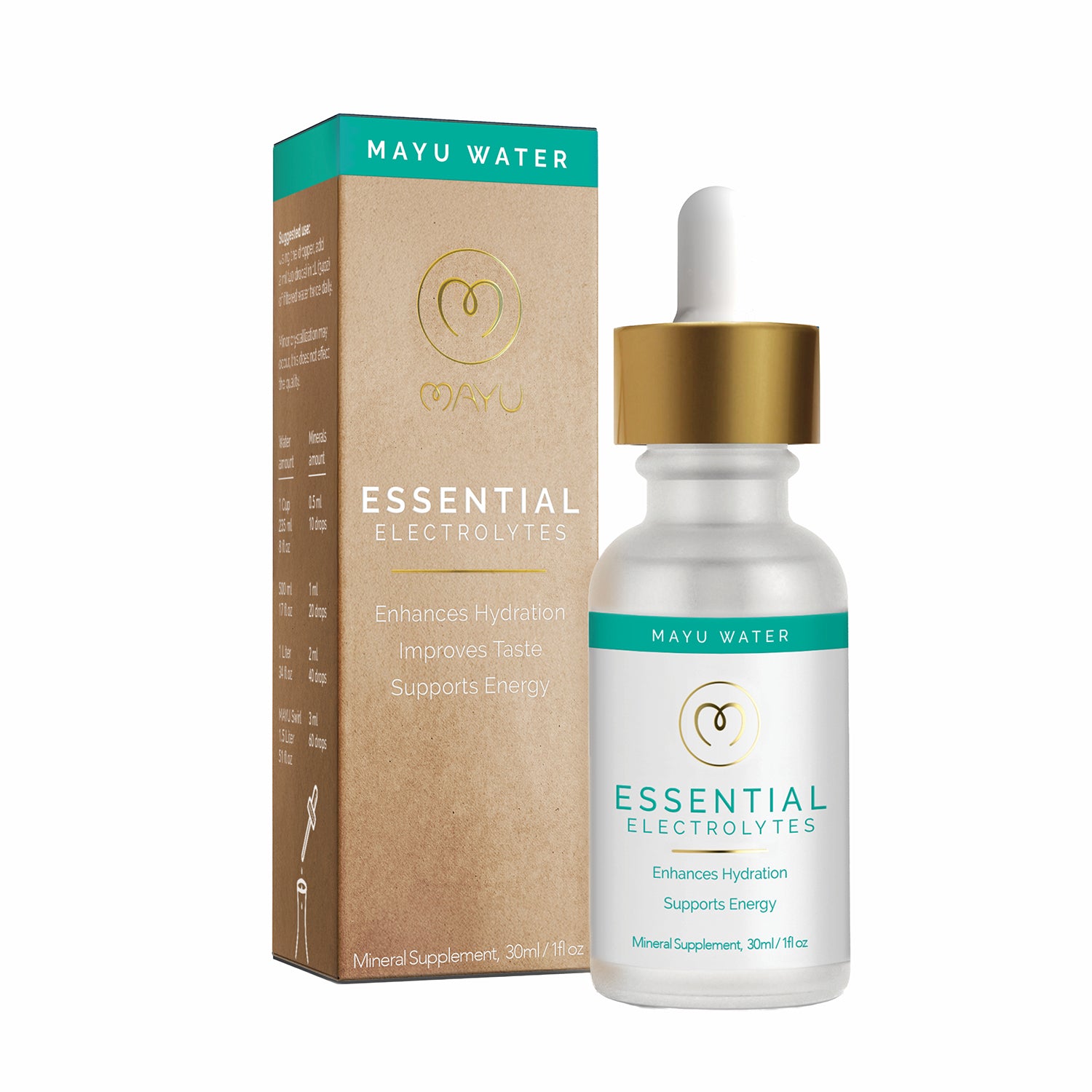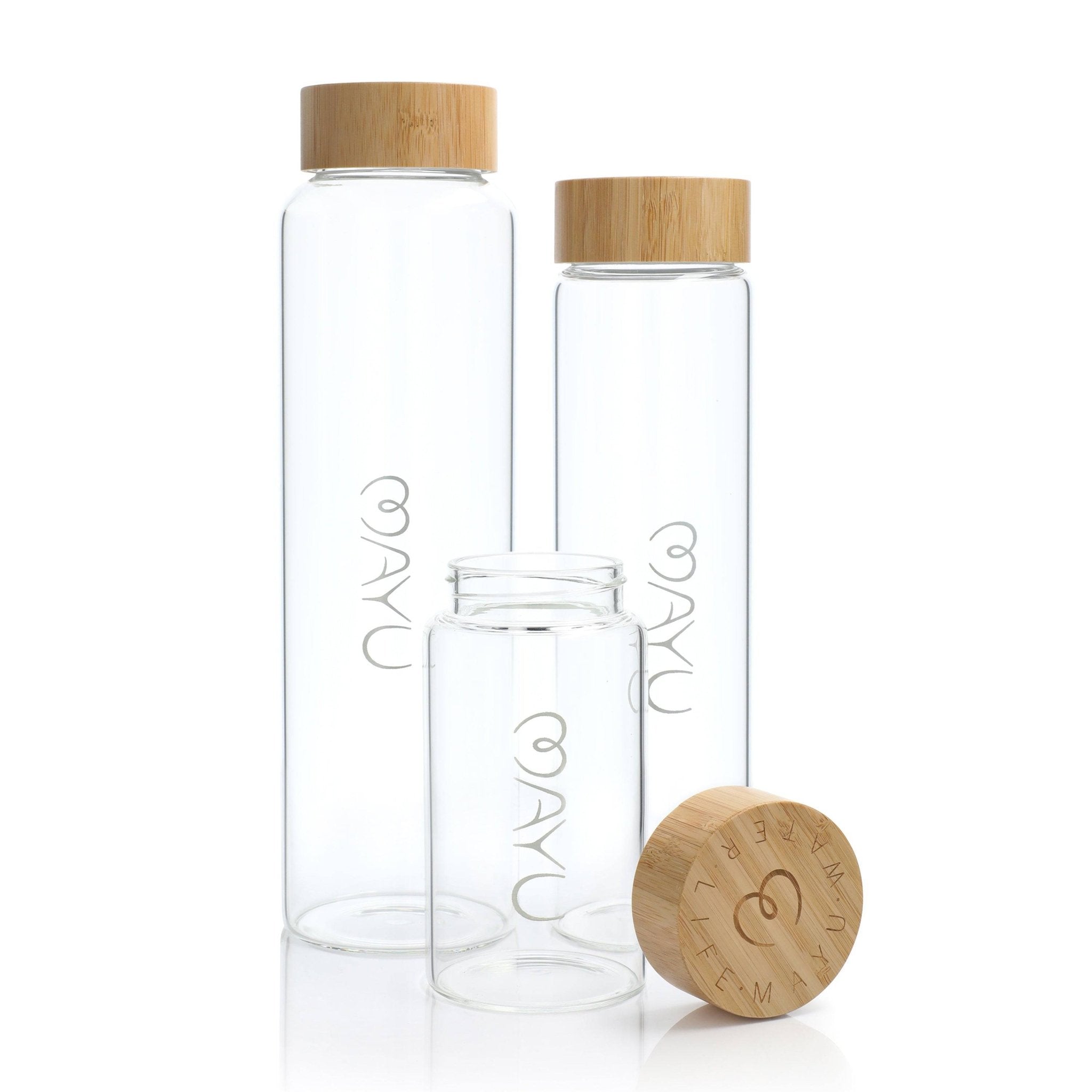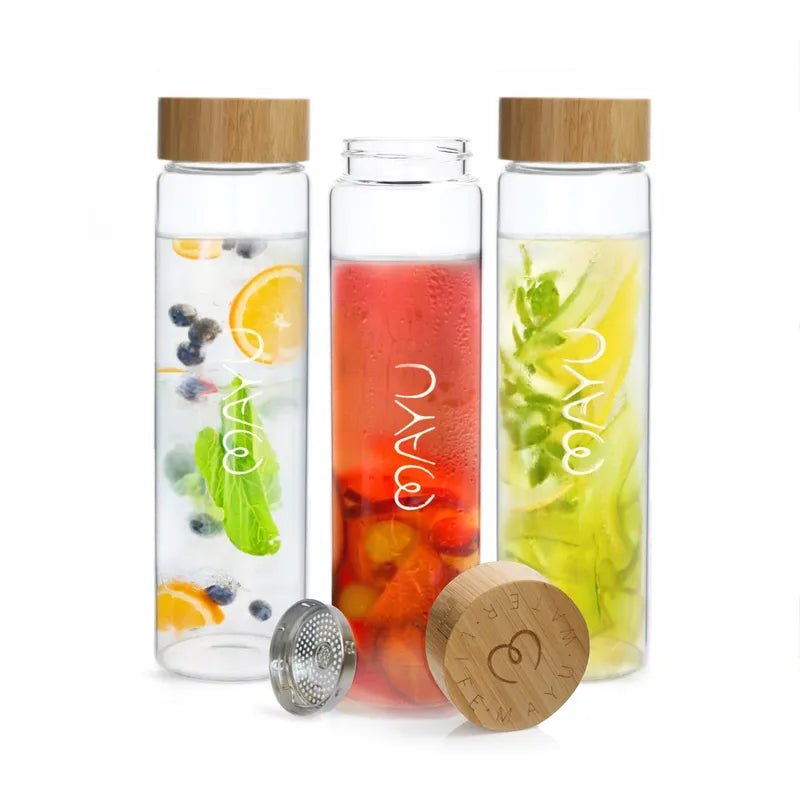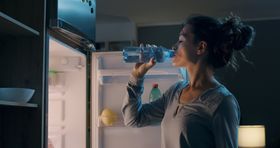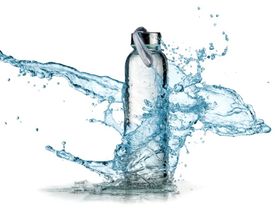3 Bottled Water Alternatives That Are Eco-Friendly & Sustainable
Are you tired of contributing to plastic waste with bottled water? Discover three eco-friendly and sustainable alternatives to plastic-bottled water, including innovative ways to access spring water without plastic packaging.
Updated February 17, 2025

Drinking from plastic water bottles has become a convenient habit for many, but it carries a hefty cost. They take hundreds of years to degrade, and they have the potential to release harmful chemicals into the water.
According to a report by the World Economic Forum, by 2050, more plastic will be in the ocean than fish. [1] If you haven't already, now is the time to make a change and opt for sustainable and eco-friendly alternatives to plastic bottled water.
Our 3 Plastic Water Bottle Alternatives
Consider these sustainable alternatives to plastic water bottles:
- Glass water bottle
- Reusable tumbler
- Boxed water
Why Ditch Plastic Bottles?
Environmental Impact:
- Plastic pollution: According to Statista, millions of metric tons of plastic waste end up in landfills and oceans yearly, harming wildlife and ecosystems. [2]
- Resource depletion: Producing plastic bottles requires significant resources. The Pacific Institute estimates that the amount of oil used in the process every year is enough to fuel one million American cars in the same timeframe. [3]
- Recycling challenges: An Environmental Protection Agency survey from 2017 found that Americans generated 267.8 million tons of solid waste that year, but facilities only recycled and composted 94.2 million tons. The rest ended up in landfills. [4]
- Microplastics: Plastic bottles can leach microplastics into the water. According to one systematic review, these tiny particles can cause oxidative stress, cancer, and respiratory and digestive conditions. [5]
- BPA: Some plastic bottles contain Bisphenol A (BPA), a chemical linked to potential health risks like hormonal disruptions. [6]
- Reusable is better: Replacing disposable plastic with reusable glass bottles like MAYU Glass Water bottles is a more sustainable and eco-friendly option.
- Saves money: Over time, purchasing a reusable bottle can save you money compared to buying constant plastic bottled water.
1. Glass Water Bottle
Glass bottles are the safest and cleanest containers for storing and drinking water at home or traveling. They don't deteriorate with repeated use and are free from microplastics and flavor contamination. They also maintain their temperature longer because they insulate better.
Note: Finding a durable, lightweight, stylish glass water bottle is a tall order. MAYU Glass Water Bottles are crafted from durable borosilicate glass, which is ideal for active lifestyles.
This compound can resist thermal shock, meaning it can take rapid and extreme temperature changes (e.g., freezing and boiling water). Regular glass bottles may break in these situations, but the low solubility of borosilicate helps it expand and contract slowly to prevent it from happening.
2. Reusable Tumbler
Staying hydrated on the go is a must, whether at the park, in the car, or running errands. So it's no wonder environmentally friendly and portable tumblers have become a popular alternative to plastic water bottles.
They reduce plastic pollution by limiting disposable cups and bottles. Some options, such as hot coffee or a sneaky glass of wine, keep drinks at their perfect temperature for hours. But remember that they need to be washed frequently to prevent mold buildup.
Tip: There are many options on the market, so choose a stainless steel or tin tumbler. They're easier to clean, long-lasting, and plastic-free.
3. Boxed Water
Boxed water, packaged in carton boxes, is gaining traction as a sustainable and eco-friendly alternative to plastic. It keeps water fresh and is recyclable, easily integrating with paper products' end-of-life and waste management cycles.
A report conducted by sustainability experts found that boxed water has a 36% lower carbon footprint, 43% less fossil fuel use, and 95% lower impact on the ozone compared to single-use plastic alternatives. [7]
Care for Your Body, Care for the Planet
Each year, reports of the devastating global impact caused by our plastic water bottle habits continue to surface. The detrimental effects of single-use plastic on our environment are overwhelming, and the potential health hazards associated with drinking from plastic bottles are a cause for alarm.
References:
- astics,” Jan. 2016. Available: https://www3.weforum.org/docs/WEF_The_New_Plastics_Economy.pdf
- “Topic: Plastic waste in the United States,” Statista, Dec. 20, 2023. Available: https://www.statista.com/topics/5127/plastic-waste-in-the-united-states/#topicOverview
- admin@pacinst.org, “Bottled water and energy fact Sheet - Pacific Institute,” Pacific Institute, Nov. 29, 2023. Available: https://pacinst.org/publication/bottled-water-and-energy-a-fact-sheet/
- “National Overview: Facts and figures on materials, wastes and recycling | US EPA,” US EPA, Nov. 22, 2023. Available: https://www.epa.gov/facts-and-figures-about-materials-waste-and-recycling/national-overview-facts-and-figures-materials#NationalPicture
- Y. M. Cho and K.-H. Choi, “The current status of studies of human exposure assessment of microplastics and their health effects: a rapid systematic review,” Environmental Analysis Health and Toxicology, vol. 36, no. 1, p. e2021004, Feb. 2021, doi: 10.5620/eaht.2021004. Available: https://doi.org/10.5620/eaht.2021004
- “Bisphenol A (BPA),” National Institute of Environmental Health Sciences. Available: https://www.niehs.nih.gov/health/topics/agents/sya-bpa
- “Life cycle research — Boxed water is better,” Boxed Water Is Better. Available: https://boxedwaterisbetter.com/pages/lifecycle-assessment-document
Disclaimer: The information published by MAYU Water is not a substitute for the expert knowledge, advice, and recommendations of trained professionals. We strongly recommend consulting with industry experts and primary or scientific sources before making any health, research-related, or other important decisions.
